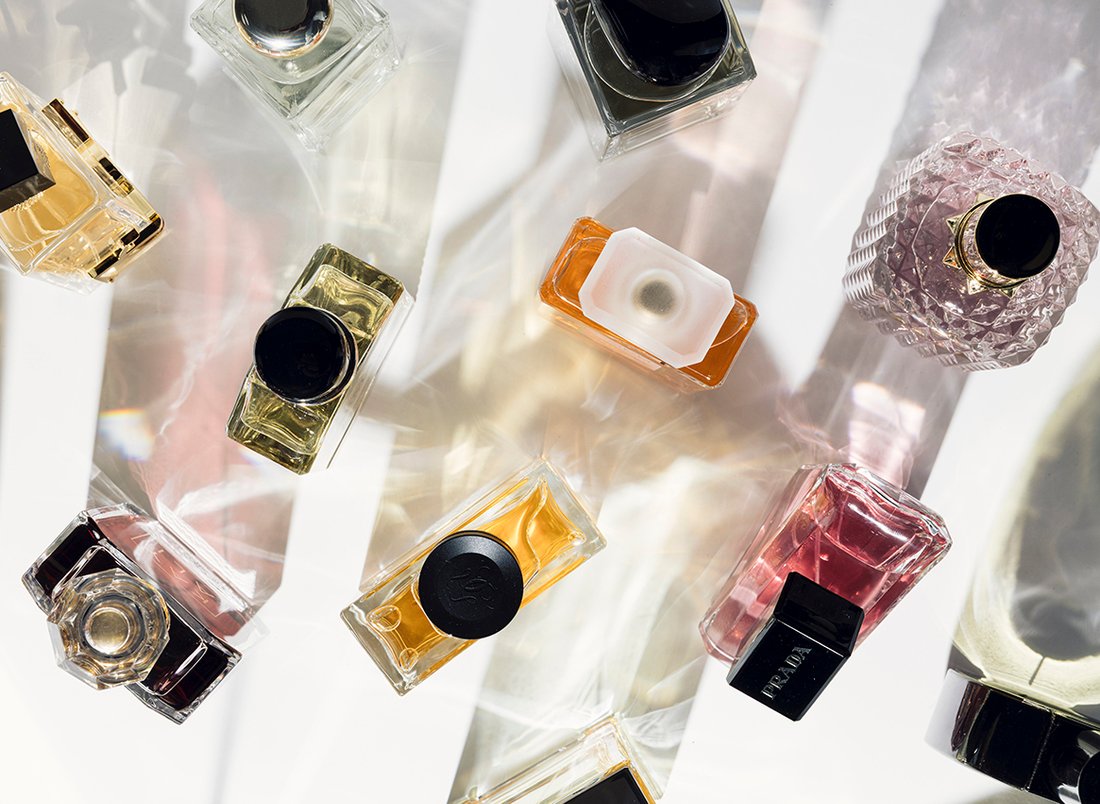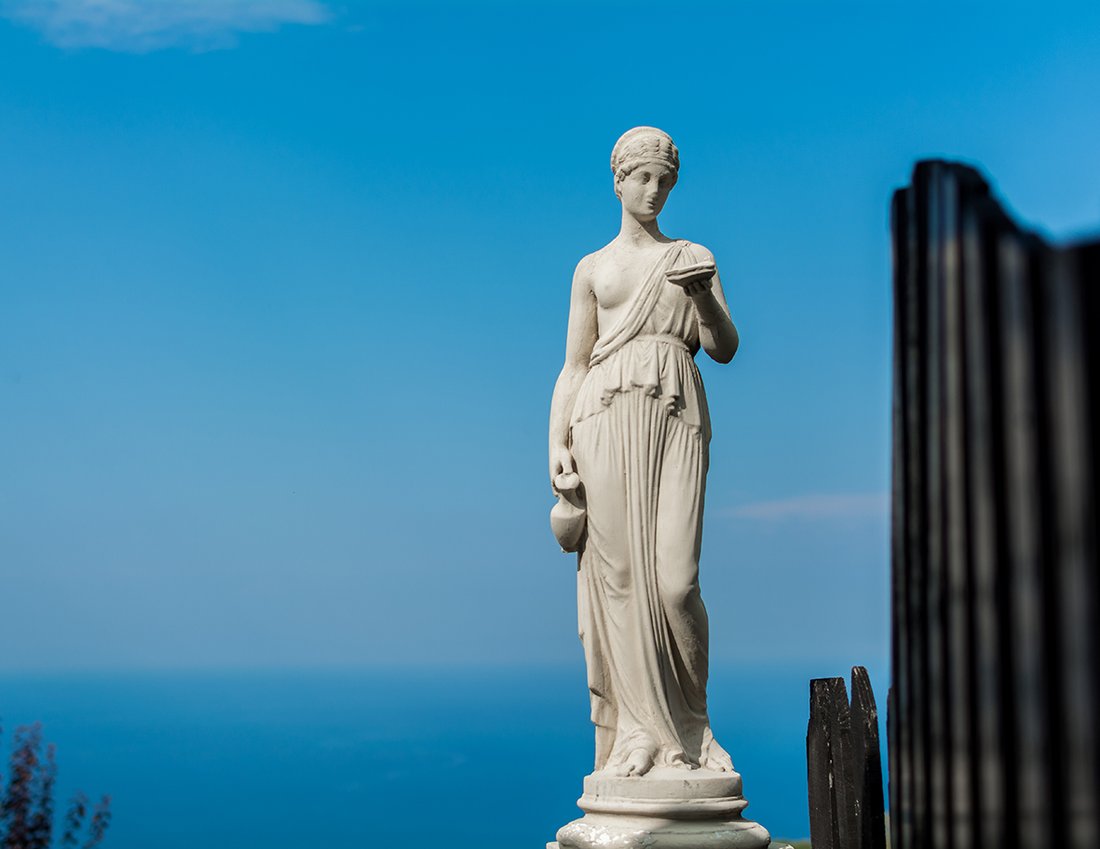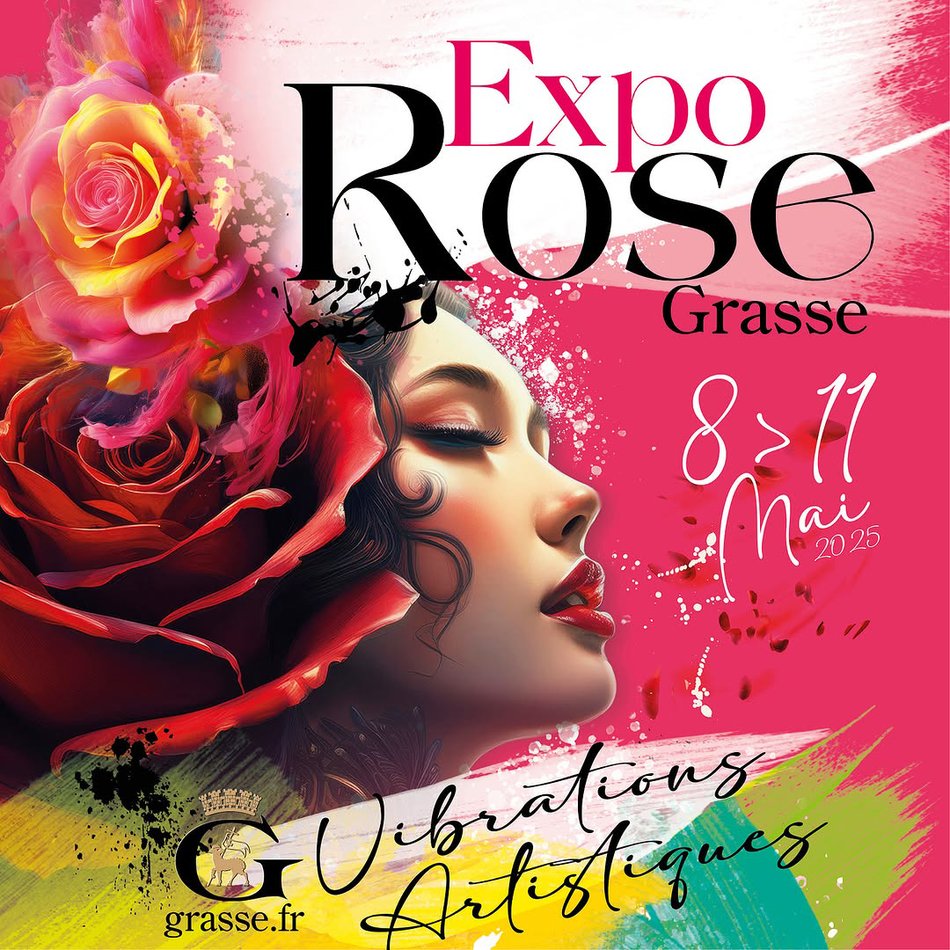
The startup Osmo, led by neuroscientist Alex Wiltschko, has taken a decisive step in transforming the olfactory universe with the launch of Generation, the first fragrance house created with olfactory intelligence.
This platform uses generative artificial intelligence to turn text and images into unique scent formulas, making it possible to design more sustainable, safer and more accessible fragrances, even for independent brands.

